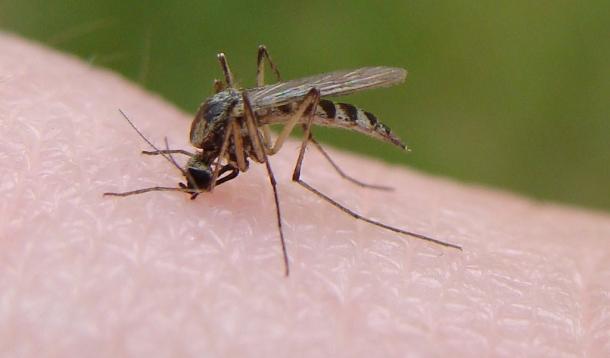Flip-flops are the quintessential summer footwear, and we all love them. But…are they good for you?
Sad to say, but no.
Here’s the deal with flip flops. Their chronic use is linked with a variety of health issues, like plantar fasciitis (a painful inflammation of the tissues of the heel and arch) and low back pain.
Why? It seems wearing flip flops changes your natural gait. Because when you’re walking in them, you tend to clench your toes to keep them from flying off your feet. This action has the consequence of shortening your gait, and changing your heel strike with each step (giving it less vertical force, which is less natural). Flip flops seem natural, they feel natural, but the fact is they change the natural mechanics of the way we move our bodies. Plus, they don’t provide any support to the foot, particularly the arch. Which can also contribute to joint pain in the knees, hips, and back, and may also lead to stress fractures in the fine bones of the feet.
I don’t have anything against flip flops, personally. I love my Havaianas (my favourite pair have a sassy black and gunmetal grey zebra print that I got from the UK...where they call them thongs. But I'll save that little gem of a topic for another day).
I don't believe you have to throw your flip flops out with next week's garbage. My advice is this: don’t wear flip flops every day or for every occasion. Hanging out at the beach or strolling on a pool deck? Flip flop away. Stepping out on a five kilometre hike or marathon shopping trip? Not so much.
Also, podiatrists recommend making sure your flip flops fit you properly (one size does not fit all) and choosing a flip flop made with high quality, soft leather instead of plastic or other materials—fewer blisters and irritation.

Summer’s here! The perfect season for evening barbecues with friends, cocktails in your backyard at dusk, long weekends at the cottage.
Slapping at insects yet?
Yes, we all love summer, but nobody likes the mosquito bites that accompany the season.
Here’s a little help. First with prevention, and then with treatment of those inevitable nibbles.
First, remember that brush and wooded areas are popular hangout spots for mosquitoes, so concentrate your preventive efforts when you're heading into the woods. Also, mosquitoes have their favourite times of day: dusk and dawn.
Wear long sleeves and long pants whenever possible (and socks! Ankle bites, ugh). Mosquitoes lay their eggs in standing water, so you can reduce the mosquito load around your home by draining standing water in abandoned kids' toys, garbage lids, and the like.
Need to do more? You're in the market for insect repellent. There's a large array available, and they are not created the same. To start, DEET is the most effective insect repellent available.
In areas where mosquito bites can come with a side order of lethal illness (eg. malaria, Dengue fever) we always recommend DEET containing repellent. But there are issues with the toxicity of DEET when used in very high doses, so it needs to be used with caution. If we're talking about preventing life-threatening illness, there's no question, DEET (applied appropriately) comes out on top. Here in North America, we don’t have so much to fear about mosquito bites, so DEET is a little more optional.
In the non-DEET department there are many other available insect repellents, often containing botanical oils with demonstrated insect repelling properties (soybean oil, citronella, oil of lemon eucalyptus). Not as effective as DEET, to be sure, but much better than nothing.
Now, what if you’re going to be out in the sun AND around mosquitoes? Sometimes you can find repellent-containing sunscreen, but if not, this is the recommendation: apply sunscreen first, then insect repellent.
Let's say those pesky mosquitoes found chinks in your protective plan, and you or your kids got bitten. What's the best way to relieve that itch?
Also, if your kids' itchiness this summer is due to another seasonal irritant, poison ivy, read this. Or maybe it's allergies. In that case, read this.
Now get out there and enjoy the great outdoors!
Your turn: got tried-and-true home remedies for bite relief? Share them below!
*image courtesy wikimedia commons